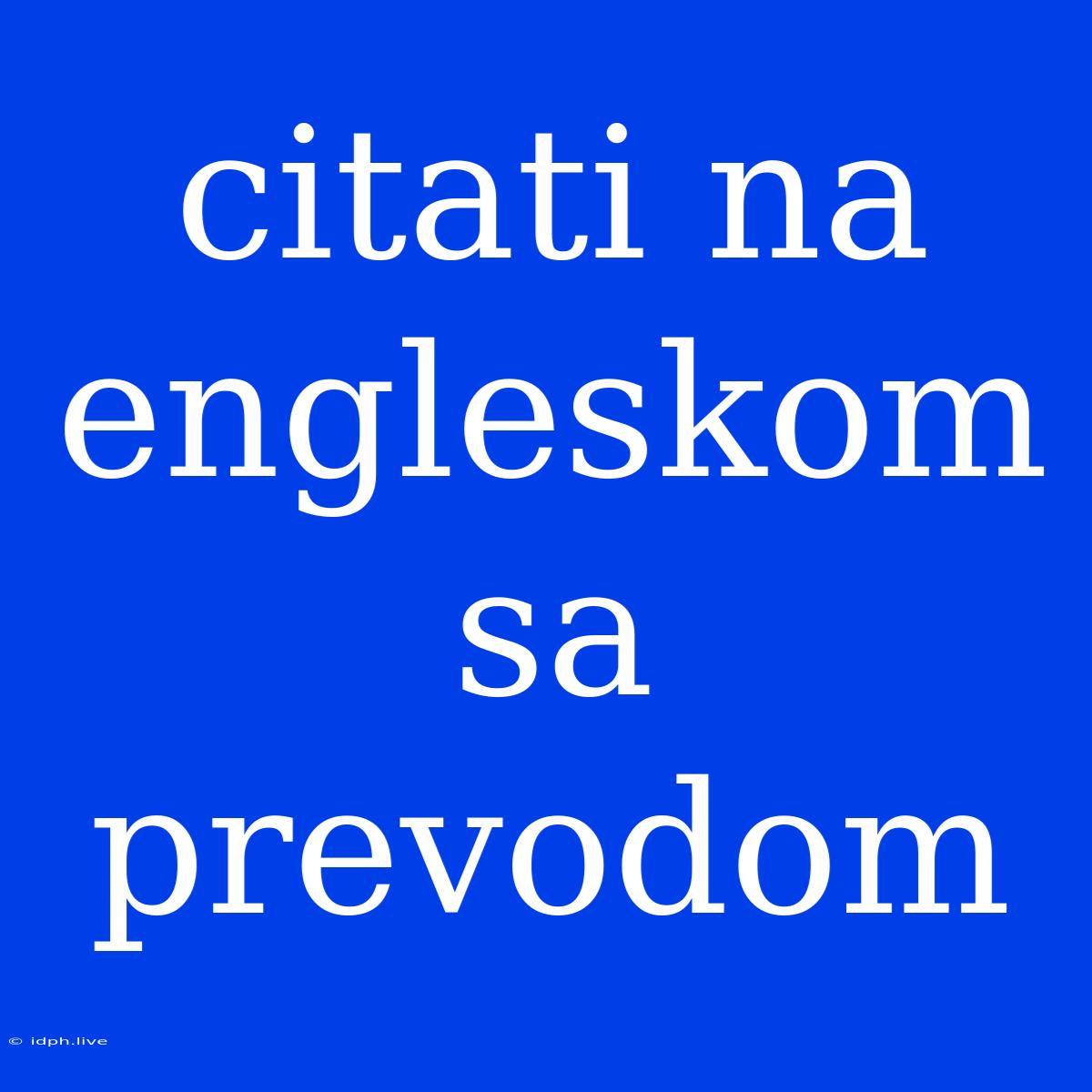Citations in English: A Comprehensive Guide
What are Citations?
Citations are references to sources that you have used in your writing. They are crucial for academic integrity, as they:
- Acknowledge the work of others: Giving credit to the original authors prevents plagiarism and demonstrates that you have done your research.
- Support your claims: Citations provide evidence for your arguments, making your writing more credible and persuasive.
- Allow readers to find the sources: Citations help readers to verify your information and delve deeper into the subject.
Types of Citations
There are various ways to cite sources, with the most common being:
- Footnotes/Endnotes: These appear at the bottom of the page or at the end of the document.
- In-text citations: These appear within the body of your text, often enclosed in parentheses.
- Bibliography/Works Cited: This is a list of all the sources you used, presented at the end of the document.
How to Cite in English
The most widely used citation style in English is the Modern Language Association (MLA) style. Other popular styles include:
- American Psychological Association (APA)
- Chicago Manual of Style (CMS)
Each style has its own specific rules for formatting citations. It's essential to choose the style required by your instructor or publisher.
General Citation Format (MLA)
Here's a basic example of an in-text citation and corresponding entry in the Works Cited page:
In-text Citation: (Author's Last Name Page Number)
Example:
- In-text: "The novel explores themes of identity and belonging." (Smith 12).
- Works Cited Entry: Smith, John. The Lost City. Penguin, 2020.
Important Elements of a Citation:
- Author's name: Include the last name and first initial(s).
- Title of the work: Capitalize the first letter of the first word and any proper nouns.
- Publication information: Include the publisher, date of publication, and location (for books). For online sources, include the URL and date accessed.
Online Citation Tools
There are numerous online resources that can help you format your citations correctly, such as:
- Purdue OWL (Online Writing Lab):
- Citation Machine:
Tips for Effective Citations
- Choose the right style: Make sure you follow the style guide you're using.
- Be accurate: Double-check that all the information in your citations is correct.
- Be consistent: Use the same format for all your citations.
- Avoid plagiarism: Always cite your sources appropriately.
Conclusion
Properly citing your sources is crucial for academic integrity and effective communication. By following the guidelines provided above, you can ensure that you are acknowledging the work of others and presenting your research ethically and effectively.

